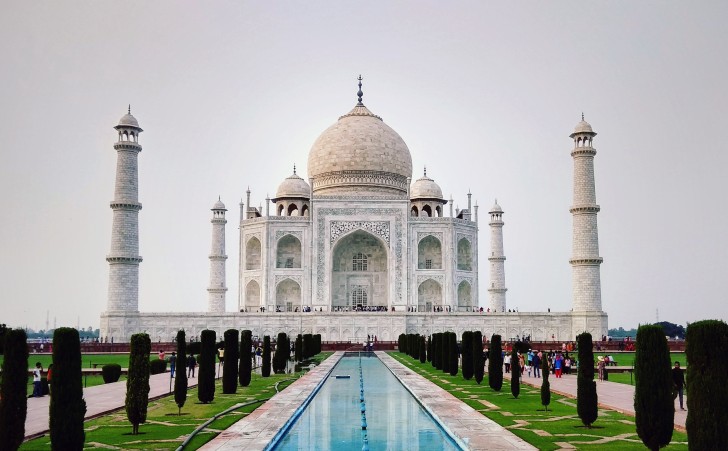Now that the Supreme Court of India has removed the ban on cryptocurrencies, the door once locked has been opened up for the crypto industry to enter again, bringing in interested parties local and from across the borders.
Local and International Investors
Since the overturn of the ban, the local crypto industry has started to flex its muscles. The large, untapped market has not gone unnoticed. Tim Draper, the billionaire investor, is one such person. Since the country has opened its arms to cryptocurrencies and related industry, the investor has met “met several Bitcoin and crypto startups” and “hopes to be able to fund a number of them.” Tim, who had gained prominence in the crypto sector when he bought thousands of Bitcoins during the auction of assets of Silk Road in 2014, was visibly excited when the ban was lifted, tweeting,
A Renaissance for India. Now crypto is legal.
Local crypto exchange CoinDCX has also shown an immense interest, going as far as to announce a USD 1.3 million program designed to create awareness of cryptocurrencies for the Indian masses and lead to eventual adoption. The exchange is also working towards collaborating in TryCrypto, a project that seeks to convince 50 million locals to adopt and use cryptocurrencies in their daily lives. The Mumbai based exchange has recently secured USD 3 million in funding, with its CEO, Sumit Gupta saying,
This successful investment round will go a long way in funding our vision of accelerating India’s growth into a $5 trillion economy.
Binance, one of the largest crypto exchanges in the world, has already purchased WazirX, a local Indian exchange and has setup a USD 50 million fund for local decentralized projects.
The Indian Crypto Ban History
The Reserve Bank of India had suddenly declared cryptocurrencies illegalat the start of last year. The reasoning behind it being that the digital assets were not legal tender and that since the market was unregulated, it was being used for illegal activities. The local industry had cried foul and said that the ban was counterproductive, as it was essentially pushing towards more underground use of it.
Besides the ban, there was a document draft circulating the internet that the government was also considering launching its own digital version of Indian Rupee. However, the decision was scrapped.
Overturned in April, the ban by RBI was furiously fought by a local alliance of tech industry, including big names such as Yahoo! India. The legal stance on RBI’s decision was even debated in the senate, with the Minister of Finance being asked questions on the legality of cryptocurrencies and the rationality of the decision to declare the digital assets illegal by the legislative body.
After months of legal battle, the industry won when the Supreme Court of India made a landmark decision, saying that the ban by the central bank was unconstitutional as its role is to primarily facilitate banks and ensure liquidity of cash.
 Saad Ullah
Saad Ullah

 Saad Ullah
Saad Ullah


